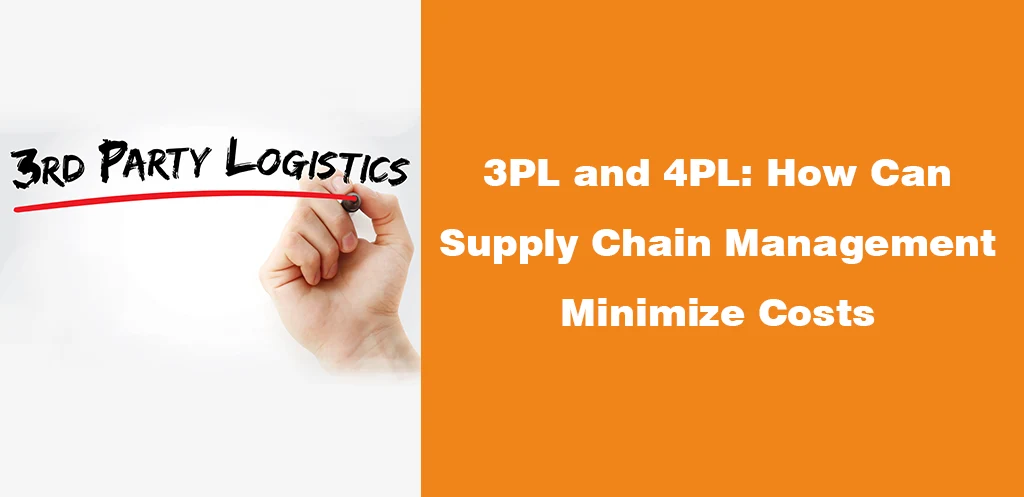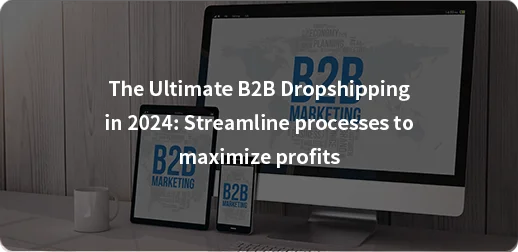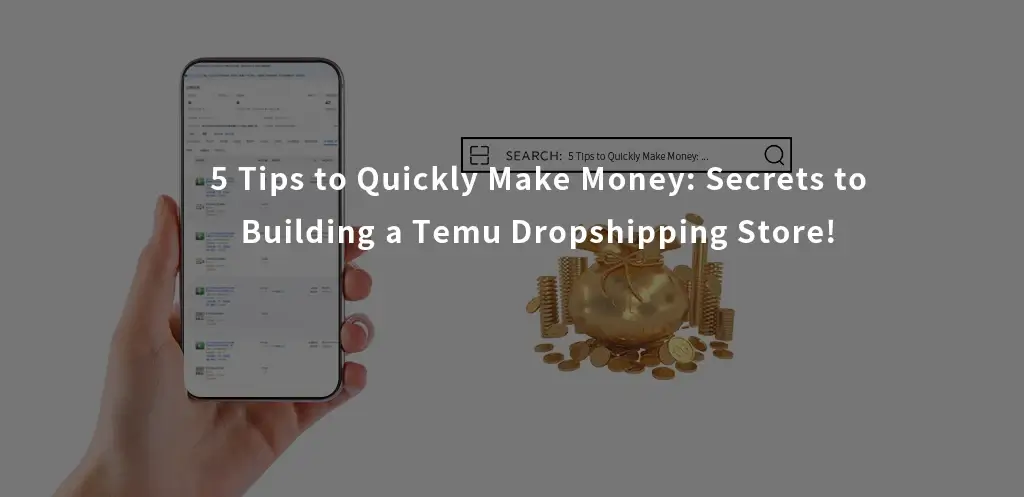One of the most beautiful things anyone can do is start a personal business. The happiness that comes with being a business owner is indeed a great one and it’s worth experiencing.
Entrepreneurs who own big brands today have had to start small at one point or the other. Indeed, starting small is not out of place for every aspiring entrepreneur out there.
Starting small, as simple as it may sound, comes with its challenges. From discovering a viable business idea to naming your business, financing it all through to when profits begin to roll in are all important steps that need careful execution.
This article is designed to give you a roadmap, armed with an appropriate guide on the right way to go in starting your small business.
How to Successfully Start A Small Business In 12 Steps
1. Conceptualize A Business Idea

A good business kick-starts and thrives on a good business idea. Having a good business idea is essential to starting your business on a good note.
Your idea of a business can come from recognizing what you do for fun or in your spare time. It can also come from what friends, acquaintances, and family members believe you can do, especially when it has to do with your skills or things you do effortlessly.
It’s important to note that a good business idea is one that provides a solution to a need or problem in a particular environment.
You might want to study your environment or conduct market research to identify needs you can meet or problems to which you can proffer solutions if you have yet to figure out the kind of business you desire to start.
Identifying market gaps in the marketing of popular commodities in your area can be a good place to start. This is you identifying the problem and proffering a solution can be your best bet at starting a viable business.
2. Draw Up A Business Plan
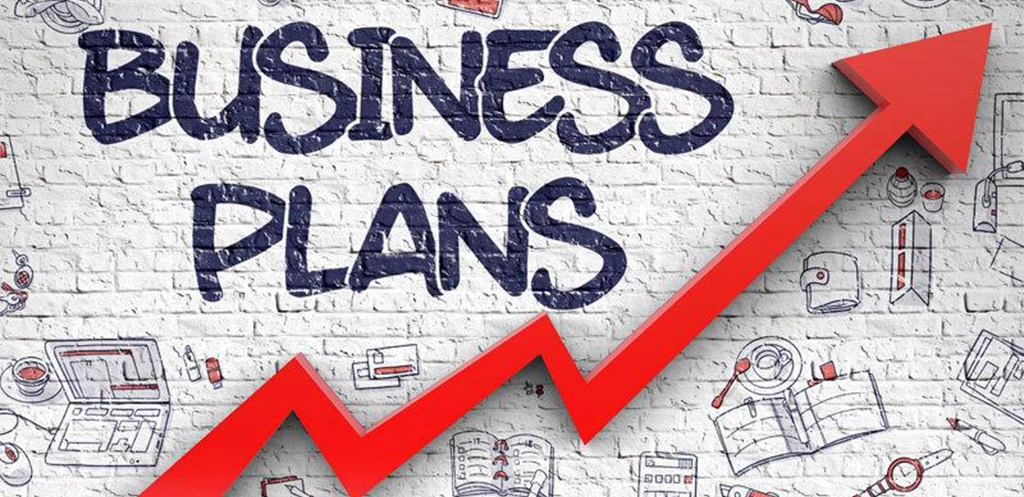
It’s often said that “he that fails to plan, plans to fail”. If you’d be successful at starting your business, you need a solid plan.
A business plan is a document that serves as a roadmap, highlighting the details of your business. A business plan explains your goals and the way to get them achieved.
It should include the products to be sold or services to be rendered, business structure as earlier explained, your marketing strategy, target audience, means of financing and financial projections, necessary permits, licenses and documents for operation, ways of expansion or scaling, and so on.
Having a business plan makes you confident and brings structure to what you’re diving into. It helps to solidify your business ideas and gives you a good edge at getting a business loan or attracting investors.
3. Ensure You Have Your Start-Up Capital
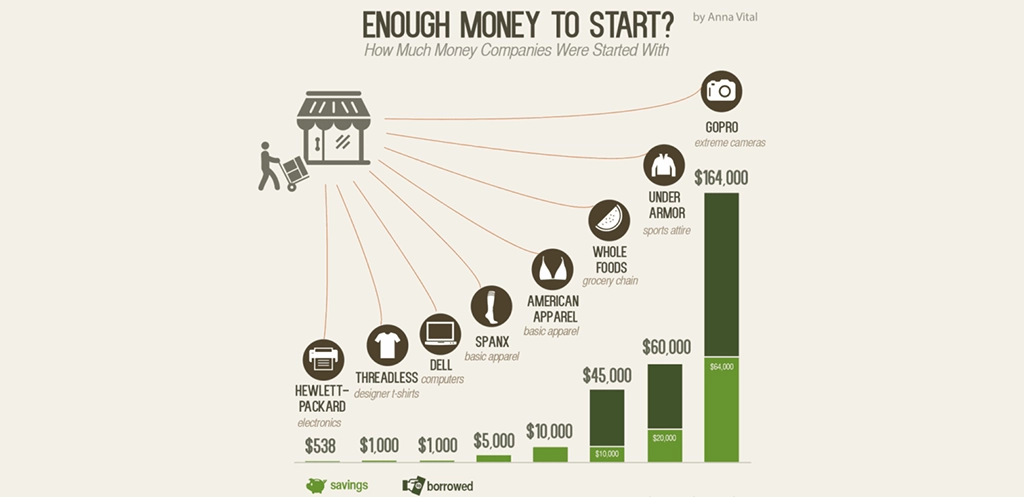
Starting- up your small business requires capital. Even if you have the best of business plans and you do not have access to capital for a startup, it would remain a mere wish. Startup capital is one of the hindrances to starting a business.
Many business ideas have died due to a lack of money to fund the business. As someone going into business, you need to find out if you have the required capital to dive in. Also, it’s important to write out all you’ll need to start to be able to have an idea of how much you would need.
Ask yourself the following questions: Is your savings enough to get the business running? Do you plan to leave your current job to focus on the business? If you quit your current job, will you be able to survive before profits start coming in? Do you need to augment your savings by taking a loan?
All these questions must be answered to ensure you’re good to go with your startup capital. If you need to take a loan, and still retain a full proprietorship of your business, a small business loan from a microfinance bank or from family members would be a good option.
A solid business plan would give you an edge in accessing loans.
4. Decide Your Business Structure
Here’s a critical decision you must make after getting a viable business idea and startup capital ready.
What kind of business structure do you intend to run? What makes this decision critical is the legal and financial (tax-inclusive) implications it holds especially for the future of the business.
You can decide to start a partnership, limited liability company (LLC), sole proprietorship, or corporation.
As someone who intends to start a small business, a sole proprietorship business appears to be a good fit. You get to run the business yourself and on your terms. The owner and company are deemed the same and thereby attract the same tax fees.
You are solely responsible for the profits and losses encountered. It’s also possible to start off on a particular business structure and change to another as the business gets bigger.
For example, you could start with a sole proprietorship and change it to a limited liability company much later.
5. Decide A Business Location
Having decided on the business structure of your choice, it’s important to also decide a good location where you would run your business or provide your services.
Your business idea and the kind of business structure you plan to run will actually determine the best place to situate your business.
For a sole proprietorship business, you might want to start working from home if you’re running an e-commerce business, photography, dropshipping business, or a cleaning/laundry business.
Remember, the goal is starting small and this would mean cutting down on how you spend your capital. Others like a kitchen service would require a store for operation.
You might want to engage the services of a business consultant; Globallyfulfill is that company that offers consultation services for small business startups. You can be sure to get a good consultation session with them. They’re easy to reach and provide excellent services.
6. Get A Nice Business Name And Logo
A business cannot start an operation without having a name. It is not enough to have a name that gets your business known to people out there, it’s essential to have a name that communicates the essence of your business.
The name of choice should convey and express the kind of products sold or services rendered. It should be unique (uncommon) and also communicate your core values.
A business logo is as important as the name and should add to the distinctiveness of your business. It’s important to employ the services of a good brand designer to give you an excellent logo.
A good business name and logo help to enhance online and physical recognition. Creating social media pages or channels for your business and making use of the name and logo will fast-track online presence and recognition.
7. Get Your Business Registered
The next thing you need to do is get the necessary documents ready for your business registration. Be prepared to address all legal matters that relate to the smooth running of your business.
If you intend to run a sole business, registering your business is not out of place even though some consider it not necessary.
You might want to look into the future of the business and see how registering your business as early as possible can avail your personal liability protection, and legal and task benefits.
If your intention is to run a small LLC (Limited Liability Company), you would need to go through more registrations such as getting an Employer Identification Number (EIN), and getting certificates that will qualify you for requesting the Tax Identification Number (TIN), getting permits or licenses and access to a business bank account.
It’s important to go through all necessary registrations in order to ensure the legal running of your business.
8. Obtain Necessary Permits, Licences, And Insurance Cover
Sincerely, it’s not a good thing to start a business operation and in the next few weeks or months, it gets shut down by a government or regulatory agency.
You want to make sure all the necessary permits and licenses you need to run legally are obtained from the appropriate quarters. If your business finds operation in certain sectors like health, you will need a professional license.
If it’s agricultural, you’ll need a federal license. Ensure to know the sector or niche your business falls in and get the necessary permits either from the government or the regulatory agency involved.
It’s also important to put measures of insurance in place in case the unexpected happens.
You might need general liability insurance that covers accidents as well as injuries or product liability insurance which is beneficial for those in manufacturing as it protects them from losses resulting from defective products.
A professional liability insurance also exists to safeguard professionals from malpractice and negligence lawsuits.
9. Set Up Your Team And Establish An Online Presence

If your intention is not to run your business alone, then you’d need to recruit capable hands. For instance, let’s assume you’re starting up a fast-food business; you would definitely need help with your day-to-day operations.
While you’re the main chef, seeing to the cooking, you’ll need one or two others to assist with cleaning and serving your customers. It’s important to find out how timely people will need your products and services.
When you know how demanding your work is, it’ll help you know whether to employ workers or not.
If you intend to start a company, you would have different departments that would be managed by different teams. You want to be sure you have capable hands on deck to have smooth business operations.
Your team needs to have a blend of professionals who can come up with brilliant ideas for marketing and profitability. It’s crucial to establish an online presence for your business. The media team should be more equipped for that.
10. Set Up A Business Bank Account
One thing you must always be conscious of as a business owner is that your personal and business finances are different. The moment you start seeing both as one, it’s dangerous for your business.
It’s therefore essential to open a separate bank account for your business. Being an entrepreneur who is just starting up, it’s noteworthy to choose the right bank that suits or is better fitted for small businesses.
Find banks with a track record of supporting small businesses and choose from the list.
Microfinance and commercial banks can be good options. This might sound funny but it will be of good benefit to you if you make the choice of a bank that attracts zero to moderate bank charges.
You definitely wouldn’t want to pay outrageous amounts for bank charges while still finding your feet in the business.
11. Get Your Business Running By Financing It
The first ten steps are sufficient to give you a solid foundation upon which your business can now run. The next thing is to fund your business and get it running.
Step three talks about getting your startup capital ready through different means like personal funding which could be from savings, credit cards, family and friends, loans and grants.
Now that you’ve gotten your capital ready, now is the time to utilize the funds and get the business running.
Make sure to prioritize the purchase of equipment, gadgets and tools specific to your operations.
For example, a fast-food business would need pots, a cooker, plates, kitchen utensils and so on. A small company would essentially need computers, basic electronics and gadgets, tables and chairs, desks, a generator and others.
These are needed for core operations. Improvise for other things and find alternatives where necessary.
The goal is to optimize your capital to generate enough profit. Ensure to keep a good account of your spending, revenue and expenditure so as to keep track of your finances.
12. Invest And Scale Up

As profits begin to come in, it’s okay to be happy and celebrate your win. However, you’re not there yet, keep at it! Begin to look out for ways to expand your revenue base.
Look out for ways to push more capital into your business. Leverage on good marketing strategies to get your business out there to its potential customers.
Begin to design ways to attract more customers using different customer acquisition strategies. As the business grows, there will be a need to increase your staff and do more delegation.
While you make progress with scaling your business, ensure you are still making good profit and keeping up with the cost of running the day-to-day business.
Conclusion
Starting a small business can be a handful but with the execution of the right steps, it comes simpler.
As an entrepreneur looking to start a small business and scale it, the above steps have been highlighted to give you a smooth ride through all you need to do.


